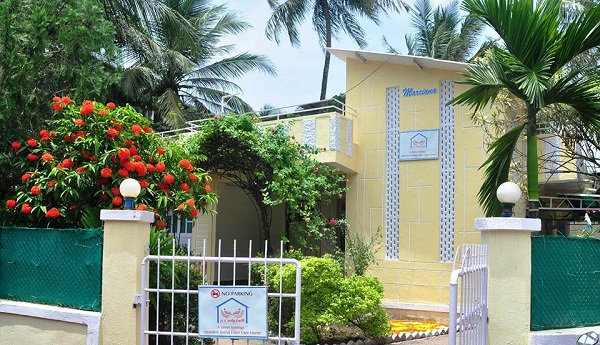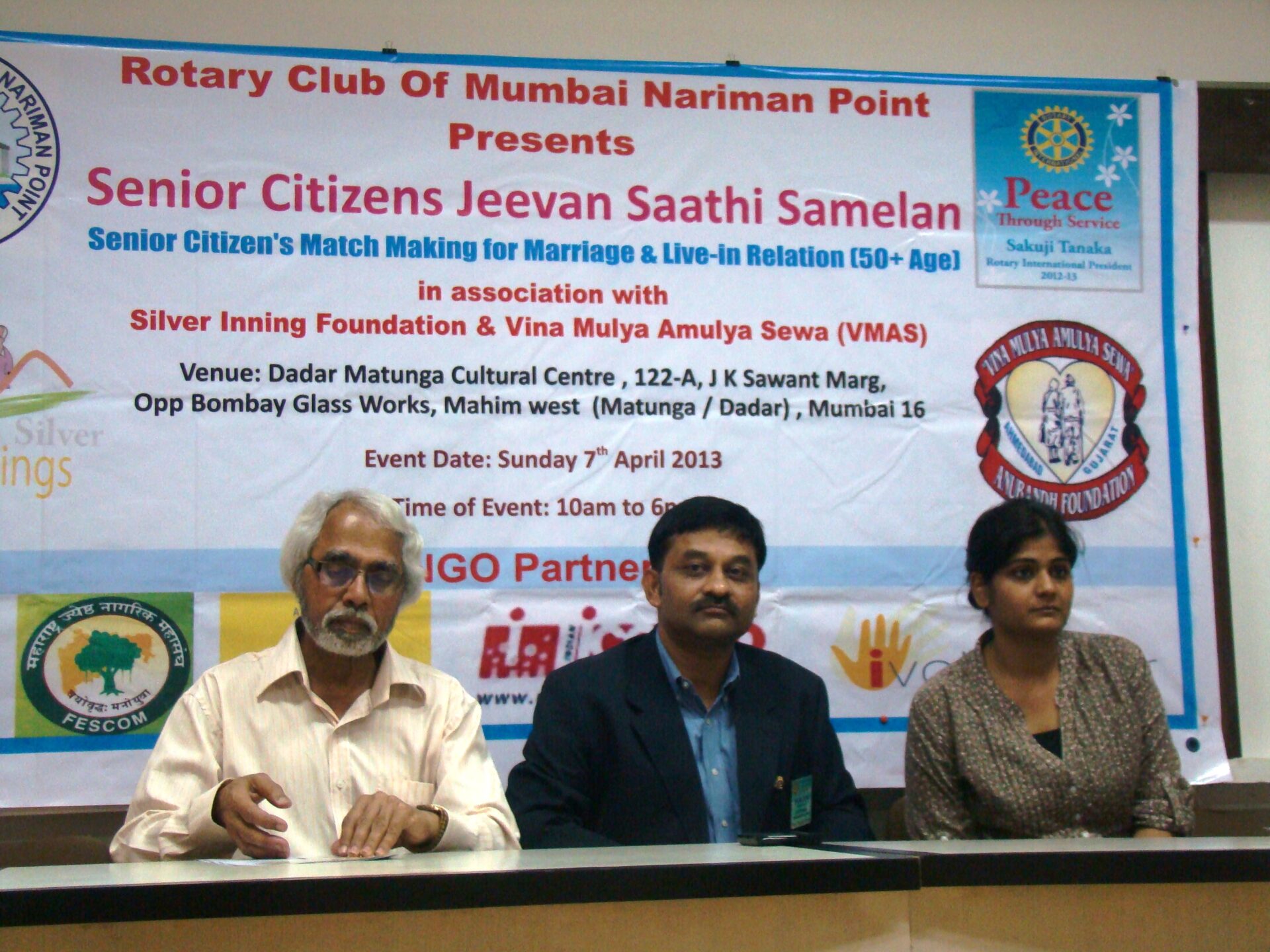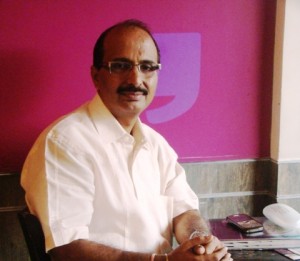Mumbai gets first assisted living facility for senior citizens at Nala Sopara, under the aegis of the Silver Innings Foundation.
by the Editors | editor@themetrognome.in
 Last weekend, we made the trip to A1 Snehanjali, an assisted living facility for senior citizens at Nala Sopara. At that point, it seemed difficult to believe that anybody would send their aged parents so far away from the city; the facility itself is about four kilometres away from the railway station.
Last weekend, we made the trip to A1 Snehanjali, an assisted living facility for senior citizens at Nala Sopara. At that point, it seemed difficult to believe that anybody would send their aged parents so far away from the city; the facility itself is about four kilometres away from the railway station.
But once we got there, we saw why not just their families, but the senior citizens themselves would like to give Snehanjali a try. Located inside a villa on a chowk that is in close proximity to a school, a market and a hospital, the place is not cut off from the rest of the area and is well-equipped to both house and handle residents.
“We were very clear that we are not opening an old age home. This is a space for assisted living,” says Sailesh Mishra of Silver Innings Foundation, which has started A1 Snehanjali. “People don’t need old age homes, which are essentially dumping grounds for our elders. They need services which may be both short term and long term. For instance, some people need to travel for a few weeks and need their parents to be taken care of. Or they may be based abroad but would want their parents to have medical attention and to be monitored. Many times we blame families for sending their elders away, but at times, they have no choice.”
Why assisted living matters
For a city that has hardly any facilities for senior citizens, an experiment like A1 Snehanjali is a worthwhile one. “There are five bedrooms, and we are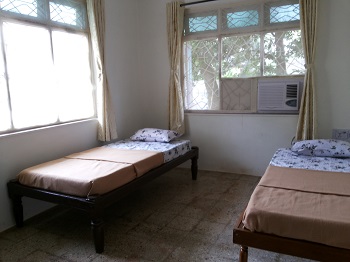 able to take in only 13 people at the moment. There are several applications, but we select the residents carefully,” explains Sailesh. “We are trying to ensure that the space is interactive, and that it feels like home.” He adds that the selection process includes rejecting applications where it is clear that the family is banishing the elder from the home, or if the person needs daily nursing.
able to take in only 13 people at the moment. There are several applications, but we select the residents carefully,” explains Sailesh. “We are trying to ensure that the space is interactive, and that it feels like home.” He adds that the selection process includes rejecting applications where it is clear that the family is banishing the elder from the home, or if the person needs daily nursing.
Silver Innings has tried very hard to make the space a welcoming one. Walking surfaces are provided in the compound, with specially-paved areas and lawns for residents to walk on barefoot. Flowers, herbs and vegetables have also been planted; the produce is to be used in the kitchens. “We provide vegetarian food, low on salt and spices, but once a month, a resident may eat non-vegetarian food brought from home,” Sailesh says. On-site medical facilities are available round the clock.
About seven CCTV cameras monitor the premises constantly, and the gates are always locked. “Those suffering from dementia or Alzheimer’s have the tendency to wander,” Sailesh explains. “We have to keep them occupied, so we have 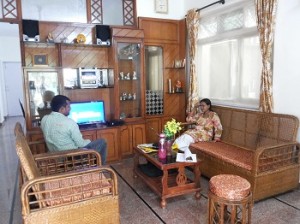 planned daily activities that they can be a part of if they wish to. Otherwise, they can watch television or listen to music or simply stay in their rooms.” Sundays is a day of eating whatever the residents wish, and they are permitted visitors on any day of the week. “We don’t have a lights-off rule and in fact, there are no rules for residents,” says Sailesh.
planned daily activities that they can be a part of if they wish to. Otherwise, they can watch television or listen to music or simply stay in their rooms.” Sundays is a day of eating whatever the residents wish, and they are permitted visitors on any day of the week. “We don’t have a lights-off rule and in fact, there are no rules for residents,” says Sailesh.
Who can make the cut
The NGO is very clear on who can be admitted. “We meet the person only through a referral, to gauge the need to send the person to us in the first place. We take in people who are suffering from Parkinson’s, Alzheimer’s, those bed-ridden by paralysis but not needing constant nursing, and people over 80 with mobility issues,” he says. But people suffering from TB and AIDS are not admitted as of now.
“There is a Rights of Residents charter that must be signed. We insist on families visiting them once a month, or if they can’t, we’ve provided Skype too. Besides this, we allow the residents to network outside with the local community. The idea is to let the resident have a good life here.”
If you want to know more about A1 Snehanjali and if you think you should send an older family member there, contact Sailesh Mishra on silverinnings@gmail.com or a1snehanjali@gmail.com.
